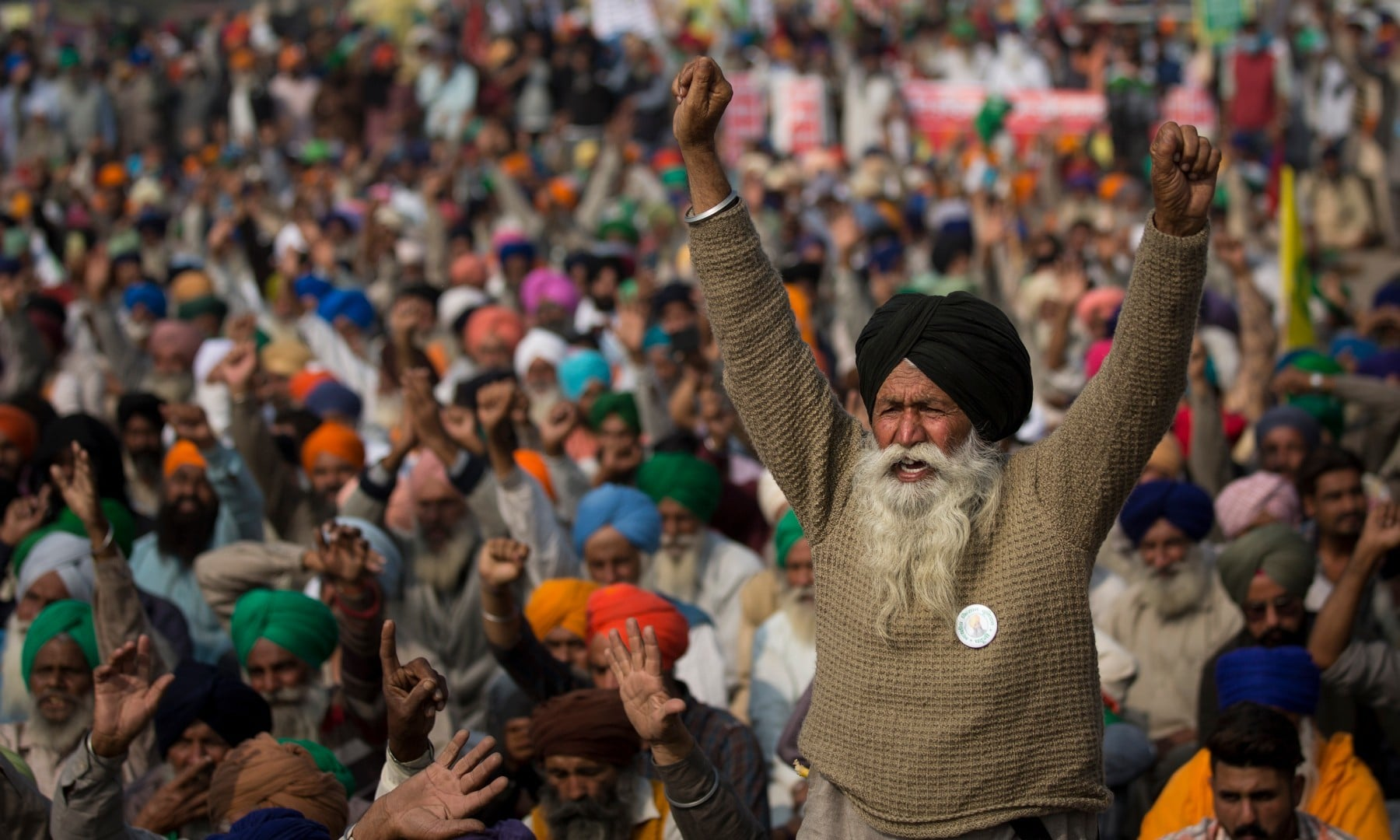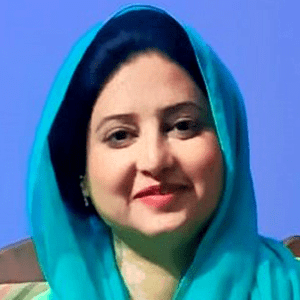In an increasingly polarized world, religion ought to serve as the ultimate sanctuary for peace and unity. Under the Bharatiya Janata Party (BJP), faith is increasingly being utilized as a political instrument, particularly concerning India’s Sikh community. This is most evident in the instances of Kartarpur and Nankana Sahib, two of the most sacred locations in Sikhism, both situated in Pakistan. These hallowed sites have emerged as unexpected emblems of peace and interfaith concord; yet, although Pakistan has welcomed access, India, under the BJP’s Hindutva-oriented policies, has consistently politicized and limited entry, transforming spiritual devotion into a tool in the arena of regional politics.
Kartarpur Sahib, the ultimate burial site of Guru Nanak Dev Ji, possesses profound spiritual importance for Sikhs globally. In response, Pakistan established the Kartarpur Corridor in 2019, facilitating visa-free access for Indian Sikh pilgrims to the shrine. This was a significant act of peace, illustrating Pakistan’s dedication to religious tolerance and interfaith harmony. Likewise, the medieval Gurdwara at Nankana Sahib, the birthplace of Guru Nanak, is accessible and well-preserved, further highlighting Pakistan’s reverence for religious holiness.
The BJP administration in India has politicized access to these spiritual passageways. The Indian authorities have repeatedly closed the Kartarpur Corridor, citing diplomatic tensions as the rationale. Following the Pahalgam tragedy, the Indian government has once more suspended pilgrim access to Kartarpur. This conduct was not merely a reflexive response but also an embodiment of Modi’s overarching Hindutva policy, an ideological perspective that perceives non-Hindu religious expressions not only with scepticism but also as instruments of political advantage.
Sikhs throughout India and the diaspora have unequivocally articulated a singular demand: unrestricted and continuous access to their sacred sites. Pakistan has fulfilled this request. India, particularly under BJP governance, has consistently employed access as a coercive strategy, instrumentalizing religion to gain political advantage. By restricting access to corridors of devotion, the BJP not only inconveniences pilgrims but also penalizes them. Sacred locations are subjugated to political contexts, diminishing profound spiritual journeys to mere instruments of nationalist posturing.
This politicization constitutes a broader trend. The Hindutva agenda of the BJP has historically suppressed minority voices. Yesterday, Muslims were the primary victims of repression, evidenced by the abrogation of Article 370, the Citizenship Amendment Act (CAA), and discriminatory policies in housing and employment. Currently, it pertains to Sikhs. The BJP’s India is becoming increasingly intolerant of opposing or non-Hindu identities, as seen by the designation of protesting Sikh farmers as “anti-national” and the obstruction of entry to Gurdwaras overseas. The directive is unequivocal: comply or be marginalized.
This persecution sharply contrasts with Pakistan’s inclusive policy regarding Sikh heritage. Pakistan has both protected significant religious monuments and invested in their repair, presenting them as emblems of unity and peace. While Pakistan has safeguarded and honoured Sikh religious sentiments, India, under the BJP, has frequently profaned them, whether during Operation Blue Star or through the persistent restriction of religious access. The historical pain of 1984 is exacerbated by contemporary activities that undermine Sikh confidence and dignity.
Moreover, it is concerning how the BJP has perverted religion from an instrument of togetherness into a mechanism of divide. Where faith ought to construct bridges, it is now employed as a weapon. While Pakistan establishes spiritual passageways like as Kartarpur to promote understanding, the BJP transforms these corridors into disputed borders. Cultural conflict supplants cultural exchange. Gurdwaras, hitherto emblematic of peace and hospitality, are now perceived by India’s ruling party as liabilities, instruments of negotiation, or, more concerningly, security threats.
India currently requires the de-politicization of spirituality rather than its militarization. Religion needs to exist as a domain transcending politics, a sphere where humanity discovers shared understanding. However, the BJP’s policies, motivated by limited ideological interests, have converted faith-based traditions into expressions of state allegiance or defiance. The transition is both perilous and disrespectful.
In this context, Pakistan’s unwavering dedication to religious freedom for Sikhs acts as both a reproach and a reminder. A condemnation of individuals who exploit Christianity for division, and a reminder that devotion transcends boundaries. Kartarpur and Nankana Sahib serve not merely as holy locations but as exemplars of interfaith respect in action. They demonstrate that political antagonism need not permeate spiritual affairs.
Sikhism, like to all religions, underscores the principles of peace, humility, and service. The pilgrimage should remain religious and not be politicized. In BJP’s India, each act of devotion may transform into a declaration of resistance, with every religious expression seen through a nationalist perspective. This constitutes not just a violation of India’s pluralistic underpinnings but also an affront to the millions who saw their faith as a pathway to a greater purpose beyond politics.
Faith ought to unify us. Boundaries ought not to fragment devotion. It is imperative that India reverts to these fundamental truths before additional hallowed sites are compromised by political conflict.








